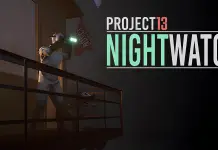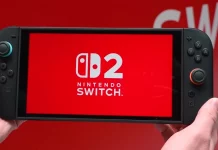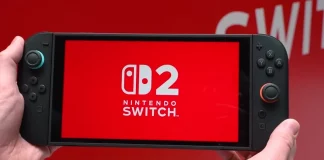It’s challenging to fully satisfy the gaming community as they often express strong opinions. However, some business practices are so commercial that they are universally criticized by gamers. Yet, over 40% of gaming time this year was spent on such games…
Despite Criticism, Service Games Remain Hugely Popular
The issue of in-game purchases has long sparked debate within the global gaming community. While game expansions have been around for decades, they haven’t always been warmly received depending on the content they offer. From Warcraft expansions to Call of Duty DLCs and The Sims expansion packs, it’s clear that the industry has evolved considerably over time. In recent years, however, the market for additional content seems completely overshadowed by the latest trend: service games.
While traditional games typically involved a one-time purchase or optional additional content purchases, service games often opt to be free-to-play (though some still require a purchase) but flood the player with new paid options daily. This usually involves a Battle Pass and a daily store, as seen in games like Fortnite or Call of Duty: Black Ops 6. And even though this practice has faced significant criticism since its inception, it has undeniably taken root in the industry.
“Hard to Beat Free if Free is Good”
Recently, industry analyst Mat Piscatella posted a thread on the social network BlueSky revealing some telling statistics about the use of service games in early 2025. According to his data, over 40% of gaming time on PS5 and Xbox Series in the United States was spent on a service game in January:
Over 70% of active American players on PS5/XBS played at least one of the top 10 most popular service games in January.
More than 40% of total gaming time on PS5/XBS in the United States during January was spent on one of these top 10 most popular service games.
According to Piscatella, both the amount of money spent in the gaming market and the total number of players peaked in 2021, and the pace of game releases hasn’t slowed since. Finding new players, and even maintaining current players’ interest in new games, has become challenging. Piscatella noted that players used to “jump from big game to big game,” which were new and required a fresh purchase. Now, “service games soak up a lot of available time, and it’s hard to do better than free if what’s free is good.” This explains why many publishers opt to take fewer risks with AAA titles and why some make seemingly irrational decisions like asking a studio known for single-player games, such as Rocksteady, to create a service game like Suicide Squad: Kill the Justice League. We can only hope that the potential successes of 2025 will tip the scales in a more favorable direction…


















_(4)-218x150.png)
















